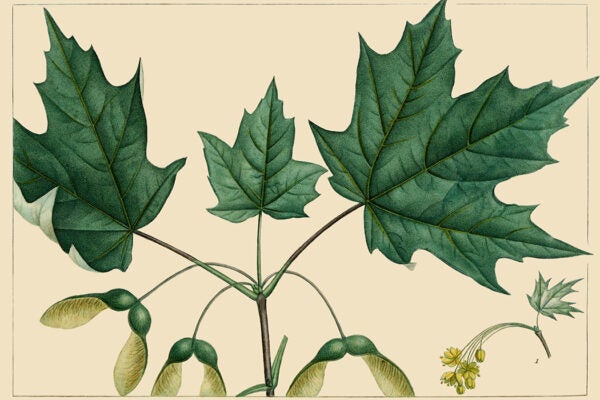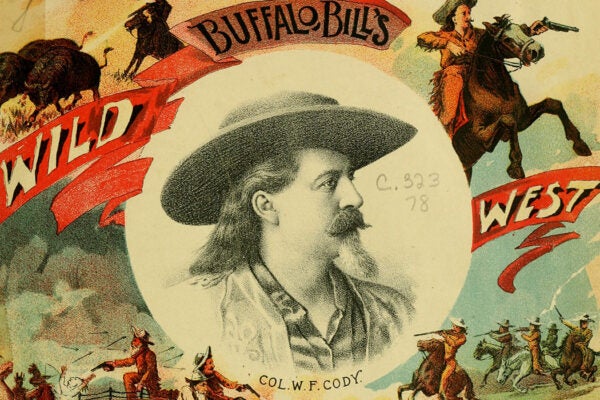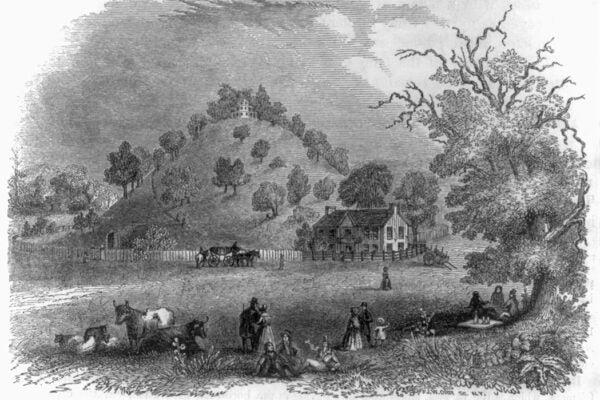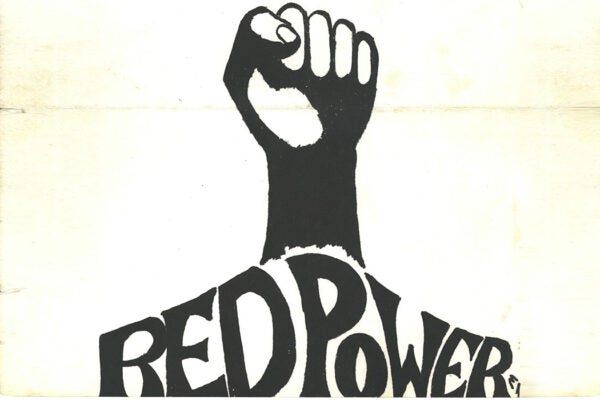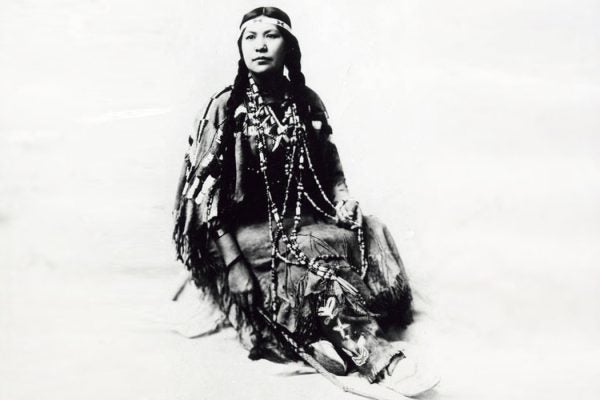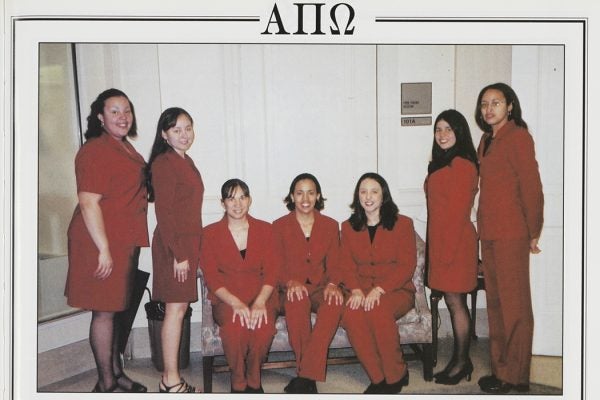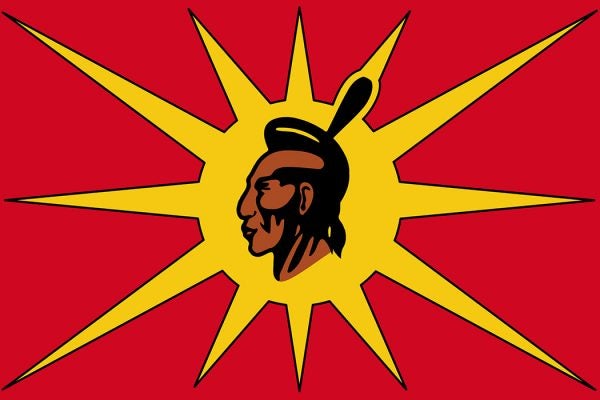Tradition in Turmoil: Sugar Maple and Climate Change
With harvests dependent on the spring freeze-thaw cycle, the maple industry is seeking ways to mitigate damage wrought by a changing climate.
The Fight for Native American Voting Rights
Despite the passage of the Indian Citizenship Act in 1924, Native American activists have had to repeatedly take their fight for voting rights to Congress.
Human Remains and Museums: A Reading List
Questions over their value for research conflict with the ethics of possessing the dead, especially when presenting human remains in the setting of a museum.
The Triumphalism of American Wild West Shows
From the 1880s to the 1930s, hundreds of Wild West shows encouraged white audiences to view Native American culture as a rapidly vanishing curiosity.
Native Origin Stories As Tools of Conquest
In the nineteenth century, the Euro-American “Lost Tribes of Israel” theory was one of the most popular explanations for the existence of Indigenous peoples.
The Importance of Newspapers for the Red Power Movement
In the 1960s and 1970s, activists and organizers used Indian Country newspapers to cultivate a pan-Indigenous identity through a poetics of resistance.
Christine Quintasket
Better known by the pen name Mourning Dove, Quintasket was a leader and activist who used her position as a public intellectual to fight for Colville rights.
Inside the First Indigenous Sorority
Alpha Pi Omega, the first historically Native American sorority, supports Native students and creates cultural space for them on university campuses.
How the Media Framed the Oka Crisis as Terrorism
For over two months in 1990, Indigenous activists defended Kanien'kehá:ka lands against encroachment. They were portrayed negatively.
Native Nations and the BIA: It’s Complicated
Historically, relations between Native Americans and the Bureau of Indian Affairs have been contentious. Is that still the case?
